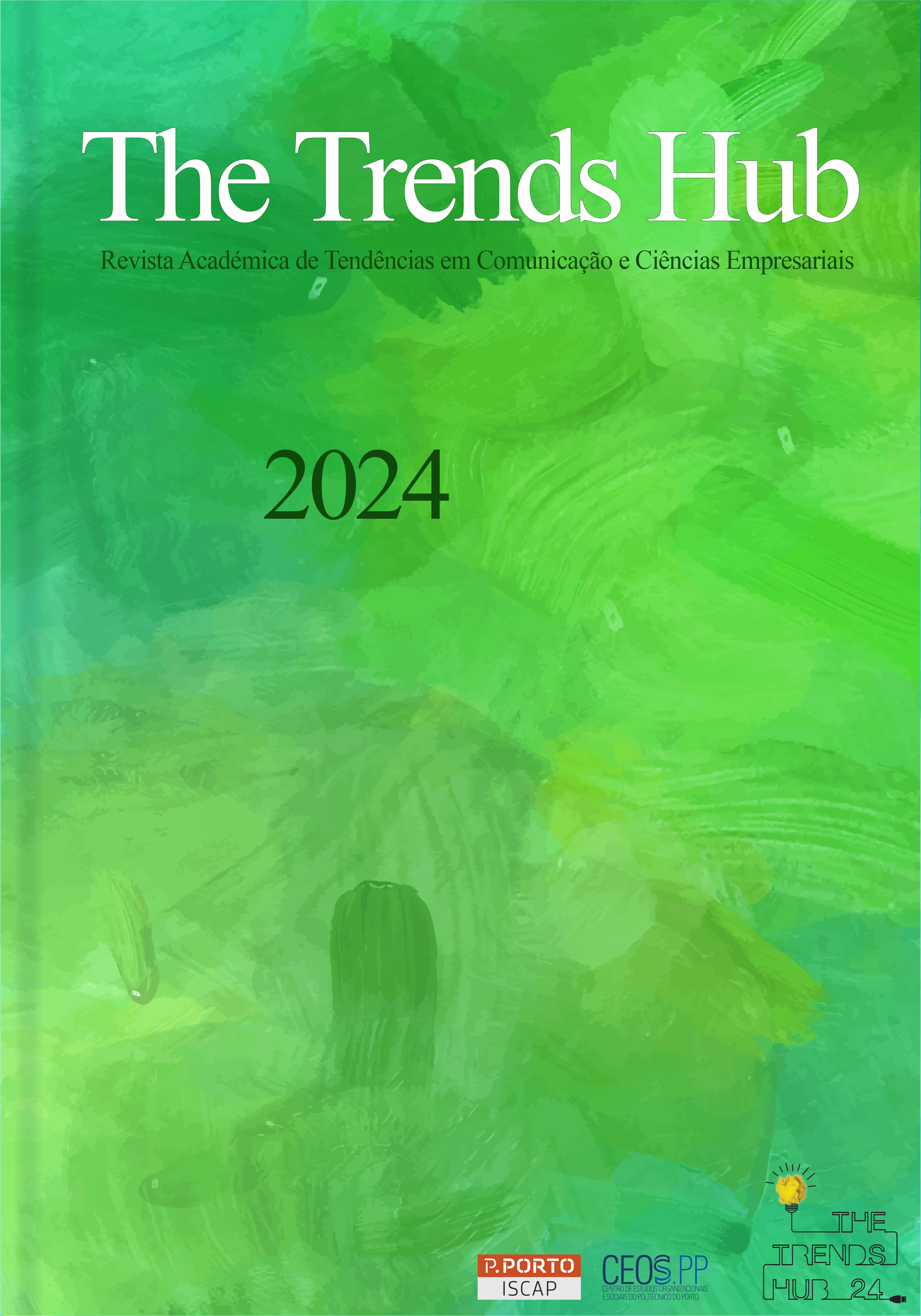Cancel Culture vs Freedom of Expression
DOI:
https://doi.org/10.34630/tth.vi4.5715Keywords:
Cancel culture, Freedom of expression, Politically correct, Communication, Social media.Abstract
Over the last few years, the cancel culture has become a central and controversial topic in public discourse, especially on social media and in the media. This phenomenon has provoked intense and extreme debates about freedom of expression, individual responsibility and social justice. While some defend cancellation as a tool to hold individuals accountable for behaviour that is detrimental to democratic living, others criticize it as a form of censorship and a threat to freedom of expression, colliding with the broad definition of democracy. This dichotomy between accountability and censorship has fueled a complex discussion about the limits of public discourse and how to balance honesty and authenticity with sensitivity and respect for others. In this article, I will explore this dynamic, analyzing the effects and implications of the cancel culture in contemporary society, examining ways to promote a more tolerant and healthy dialogue in the online environment.
References
Cambridge Dictionary. (2024). herd instinct. https://dictionary.cambridge.org/dictionary/english/herd-instinct
Common Lit Staff. (2014). Herd Behavior.
Diário da República. (2005). Constituição da República Portuguesa. 23.
Esposte, C. (2020). Cultura do cancelamento: o novo (ou velho) linchamento virtual. https://www.linkedin.com/pulse/cultura-do-cancelamento-expressão-da-vez-camila-esposte/?originalSubdomain=pt
Feng, J., Wang, Y., Ji, Z., & Zhang, D. (2022). The Effect of Ostracism on Adults’ Materialism: The Roles of Security and Self-Construal. Frontiers in Psychology, 13(April), 1–8. https://doi.org/10.3389/fpsyg.2022.796924
Iacullo, J. (2023). Cancel Culture: The Decline and Disconnect Within Society. https://www.youtube.com/watch?v=6bMv7lzqjzg
Jaffe, A. E., Cero, I., & DiLillo, D. (2021). The #MeToo movement and perceptions of sexual assault: College students’ recognition of sexual assault experiences over time. Psychology of Violence, 11(2), 209–218. https://doi.org/10.1037/vio0000363
Makoy, L. (2023). Gen Z Herd Mentality and Cancel Culture. https://medium.com/@ki90grq8y/gen-z-herd-mentality-and-cancel-culture-5e77c3bdcde9
Masferrer, A. (2023). The Decline of Freedom of Expression and Social Vulnerability in Western democracy. In International Journal for the Semiotics of Law (Vol. 36, Issue 4). Springer Netherlands. https://doi.org/10.1007/s11196-023-09990-1
McCrindle. (2022). Gen Z and cancel culture. https://mccrindle.com.au/article/gen-z-and-cancel-culture/
Não, C. (2023). Geração e o perigo da cultura de cancelamento. https://expresso.pt/geracao-e/2023-07-04-O-perigo-da-cultura-de-cancelamento-2f313877
Rahman, J. (2012). The N Word: Its History and Use in the African American Community. Journal of English Linguistics, 40(2), 137–171. https://doi.org/10.1177/0075424211414807
Toler, L. (2022). The Mental Health Effects of Cancel Culture. https://www.verywellmind.com/the-mental-health-effects-of-cancel-culture-5119201
Toro Investimentos. (2024). Efeito de manada: o que é e como evitar esse comportamento? https://blog.toroinvestimentos.com.br/trading/efeito-de-manada/
Traversa, M., Tian, Y., & Wright, S. C. (2023). Cancel culture can be collectively validating for groups experiencing harm. Frontiers in Psychology, 14(July), 1–19. https://doi.org/10.3389/fpsyg.2023.1181872
Walsh, K. T., Boring, B. L., Nanavaty, N., Carter-Sowell, A. R., & Mathur, V. A. (2022). Lifetime ostracism experiences and mechanisms of pain. Frontiers in Pain Research, 3(December), 1–13. https://doi.org/10.3389/fpain.2022.1037472
Wilde, O. (2000). O Retrato de Dorian Grey.
Downloads
Published
How to Cite
Issue
Section
License
Copyright (c) 2024 The Trends Hub

This work is licensed under a Creative Commons Attribution-NonCommercial-NoDerivatives 4.0 International License.


